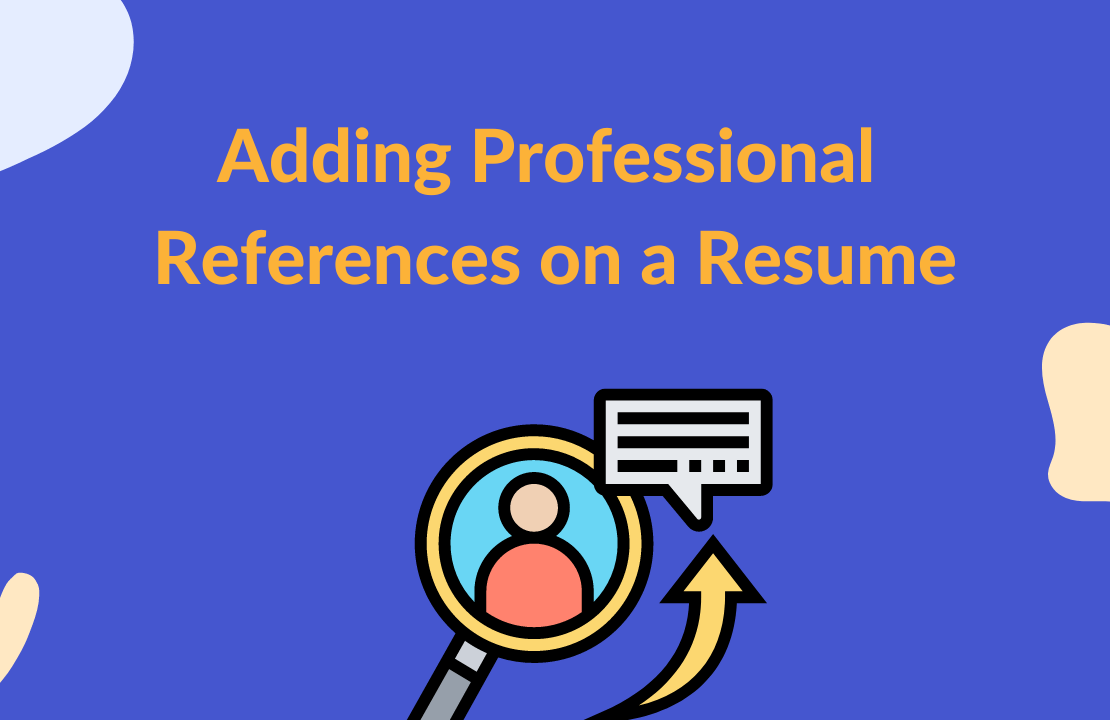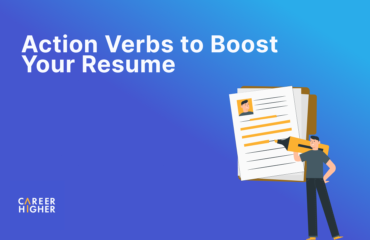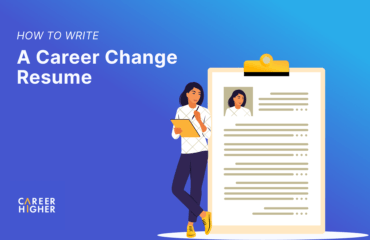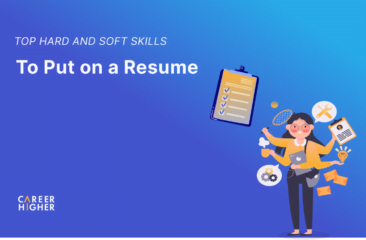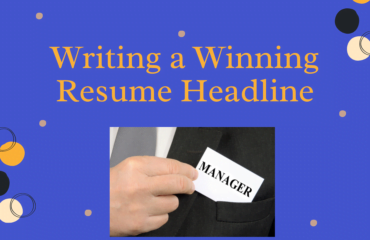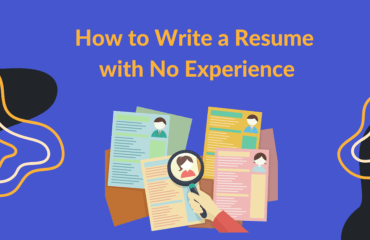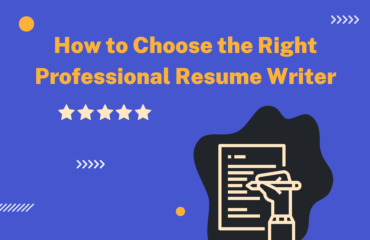Table of Contents
- Why do companies request for references?
- Should you include references on your resume?
- How to find your referees?
- Who is a good referee?
- How to ask someone to become a referee?
- Essential information for a reference (+ Template)
- How to share your references’ information?
- How many references should be included?
- Important tips for acquiring professional references
Many companies use reference checks as a key part of their hiring process. In fact, a research revealed that 92% of organizations conduct reference checks on potential employees. That means that there is a good chance that you will be requested to provide a list of professional references at some point in your job search.
Professional references are a list of people who can speak to your character and your qualifications as an employee. It can be a valuable part of your professional portfolio as it helps demonstrate that you have an established track record of success in your profession. In this article, we will provide you with tips and best practices for creating an effective reference list that will help boost your chances of landing your dream job.
Why do companies request for references?
An employer will typically request a copy of your reference list after you have gone through the interview. References are a crucial source for employers to verify your background, character, and performance. It is their way of validating the claims you made in your resume and interviews. This information can provide potential employers with valuable insights into your strengths and weaknesses as a candidate, allowing them to make an informed hiring decision.
Should you include references on your resume?
References are not a standard part of a resume these days. Hence, we recommend excluding them from your resume to optimize the space for more valuable information. However, it is still a common practice for recruiters and hiring managers to request references from potential candidates as part of their screening process. In such a case, including a reference section on your resume is a must. Make sure to provide at least three strong references who can attest to your skills, work ethic, and achievements.
How to find your referees?
Choosing your referees is a crucial decision. An unaware referee may end up communicating irrelevant information that may cost you a job. On the other hand, an informed and credible referee can provide valuable insights into your strengths as a candidate and help increase your chances of landing your dream job. In this section, we have listed some things to keep in mind when selecting your referees.
Who is a good referee?
A good referee is someone who has had direct experience working with you in a professional setting and can vouch for the quality of your work. Ideally, it should be someone who is in a position of authority over you and is able to give you an accurate assessment of your performance and abilities. Let’s look at some examples of good referees based on where you are in your career.
a) For students / entry-level experience
If you are an undergraduate or a recent graduate with little or no work experience, you can ask for references from the following people:
- Tutors or career counselors
- Mentors
- Professors
b) For experienced professionals
For an experienced candidate, this process becomes easier because your desired references will be familiar with the process of giving and requesting references. In general, a potential employer will want to speak to the following people, in order of importance (depending on your position):
- Current manager/supervisor
- Previous managers/supervisors
- Colleagues or clients (if you’re interviewing for a client-facing role)
- Previous peers or clients
How to ask someone to become a referee?
Asking someone to be a referee for you is an important decision. So the first criterion should be the person’s knowledge about your career history, skills, and character. Once decided, you should reach out to them with a well-written template, explaining your request. Don’t send them a text message at the last minute and ask them to provide you with a reference.
Here is an example of a reference request:
Hi <name>,
Hope you are doing well.
I am reaching out because I am currently interviewing with <company name> for the role of <position> and was hoping to list you as one of my references. You have known me for a couple of years and are well aware of my professional history. I couldn’t think of anyone better to provide a reference for me.
At the moment <company name> is going through a start-up phase and I would guess that they are looking for <add some specific experience and skills from the job description> If you don’t mind, I’d like for you to share the details of the project we did on <add project details> in 2020.
For your reference, I am attaching my resume and the job description of the role. Please let me know if you’d be happy to provide a reference for me. Once I have heard back from you, I will share your contact details with them and they may reach out to you directly.
Let me know if I can support you in any way.
Thanks,
<Your name>
Essential information for a reference (+ Template)
On your reference sheet, you should list each reference with the following information:
- Name
- Current Job/Position
- Company
- Phone Number
- Email Address
- Reference description
For the reference description, you should write one sentence explaining how you know your referee. You can explain the specifics of your cooperation, including where you worked with this person, when, and for how long. We suggest excluding your reference’s home or work address as these are sensitive information and are not needed. Remember to list the most relevant person on top.
If a person mentions a preference for a certain method of contact, it’s completely reasonable to include “preferred contact” next to that line on your reference list. To keep things organized, you should provide your own name, phone number, and email at the top of the sheet with the same format and colors as in your resume. Check the example below and use this template to customize your own reference sheet.
Download PDF Sample | Download Word Sample
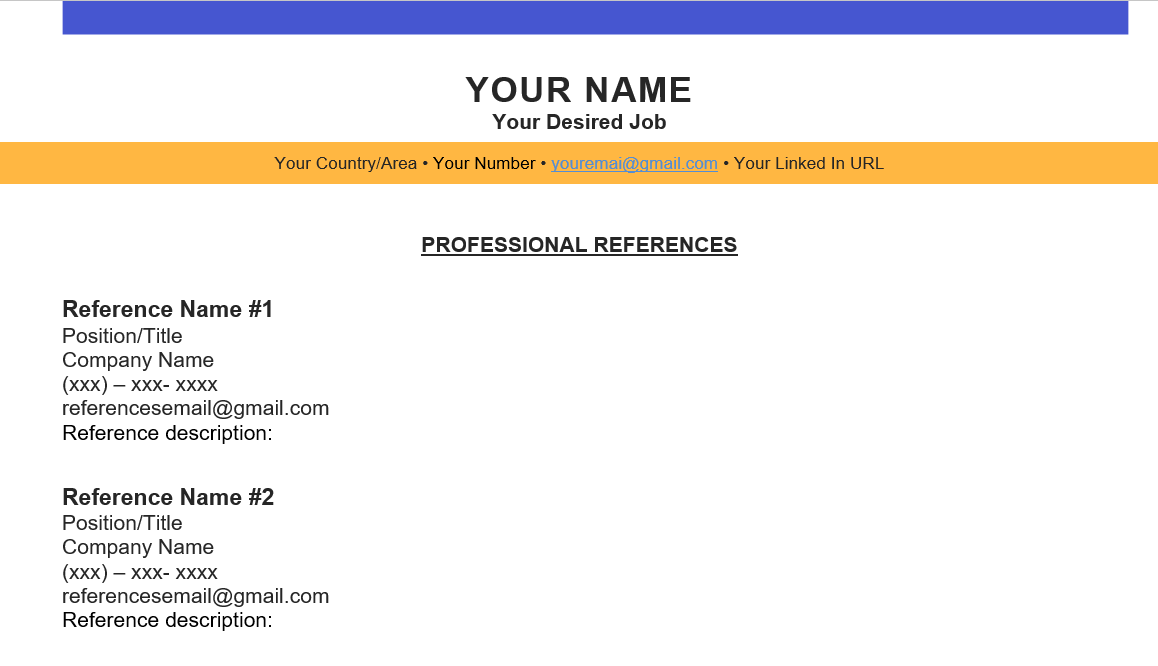
Professional References Examples
Example 1:
Andrew Rogers – Accounting Manager at Google(111) 200 – 8543, Preferred Contact: andrewrogers@gmail.com
Mr. Rogers was my supervisor when I worked at Google between 2017 to 2021.
Example 2:
Caitlyn Brown – Marketing Manager at Big Market(222) 100 – 6573, caitbrown@bigmarket.com
Ms. Brown was my direct manager when I worked at Big Market from 2013 to 2016.
Example 3:
Monique Phoenix – Head of Marketing at Big Market(333) 150 – 5132, Preferred Contact: phoenixm@bigmarket.com
Ms. Phoenix was the overall department manager that proposed all my promotions from 2014 to 2016.
Once you know who is included on your reference list, you want to have this file organized and available when asked. We recommend collecting everything you need in a reference sheet. The referral sheet is a handy-sized document that can speed up the final-stage recruitment process. When the time comes, you can attach the reference sheet to the email as a Word document or PDF file, or copy and paste the information into the body of the email.
How many references should be included?
Although there is no written rule anywhere about how many references you should provide, three to five would be most appropriate. Usually, inexperienced and new job seekers are typically required to submit 3-4 references. While people applying for higher positions should have a longer list of around 5-7 references.
Important tips for acquiring professional references
1) Show appreciation and ask for permission
Mutual agreement is the correct frame for asking someone to be your reference. You should communicate clearly the details of the process and help them as much as possible. Ideally, you should be able to return the favor by offering help. Moreover, always send them a thank-you message regardless of the interview outcome.
By doing your best work and helping others in the workplace, you not only impact the lives of others but also develop long-term relationships. Such colleagues could become your supporters and help you by being your potential references in the future. Hence, we encourage you to keep working on creating a strong professional network. It’s very easy to ask for references or acquire information on the hidden job market when you have an active professional social circle.
References are the quickest way to secure the job of your dreams during the advanced stages of the interview. Ultimately, the vital point of a reference is for the recruiters and employers to get an honest reflection of your work ethics, background, character, and personality. Remember to focus on your motivational letter, resume, and interview until the time comes to provide references. If you need support with all the above, we would be happy to help.
